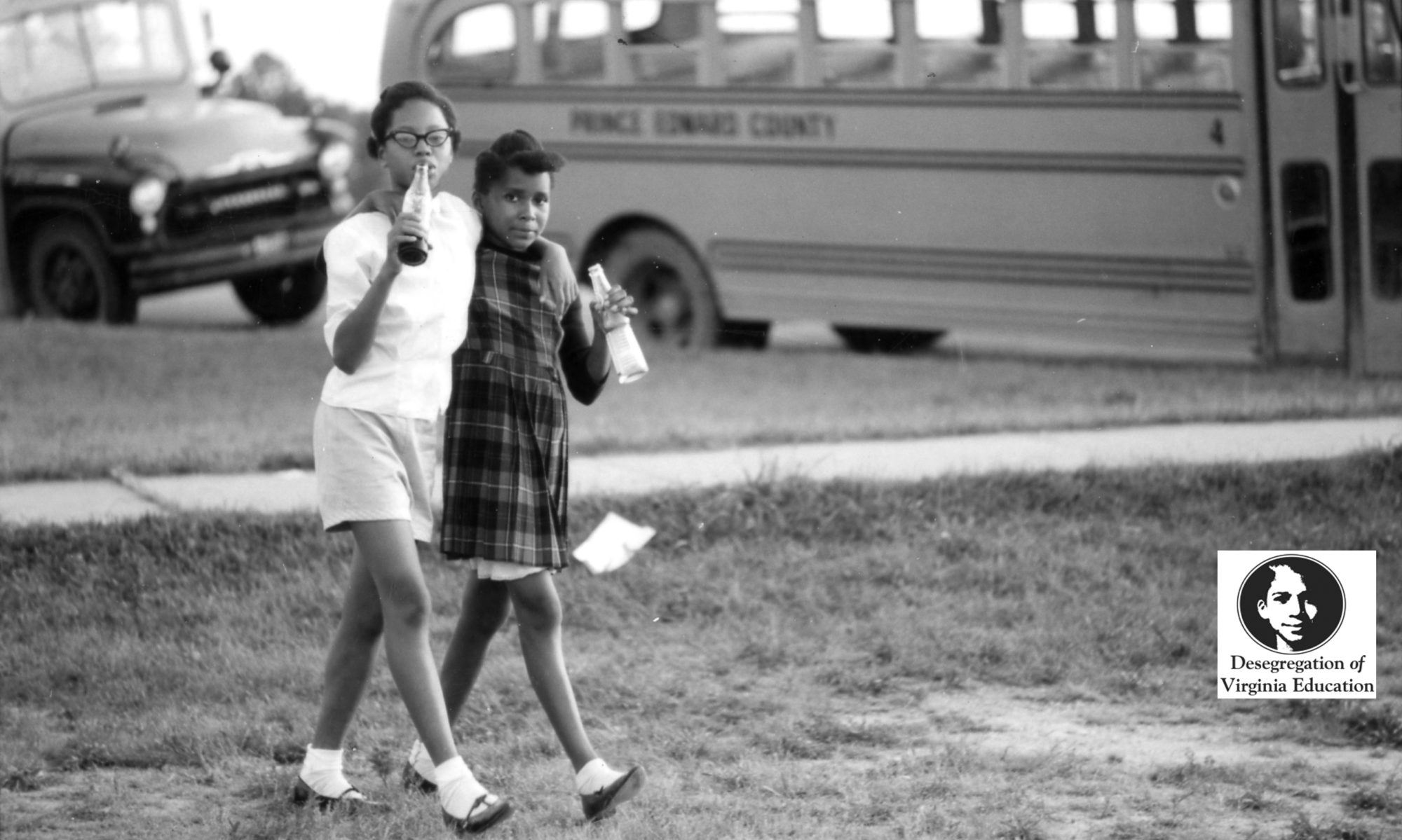USDC, Eastern District of Virginia, Richmond Division, Civil Action Case #3438- John W. Scott, Jr., etc., et al vs. School Board of the City of Fredericksburg, Virginia, et al
| Creator | USDC, Eastern District of Virginia, Richmond Division |
| Description | The plaintiffs in this case sought admission to a predominately white school, complying with the administrative requirements of Virginia’s statutes as they pertained to the placement of pupils. The applications were denied by the Pupil Placement Board and the plaintiffs subsequently assigned to a local all-black high school. Lack of academic qualifications and the distance from residence to school were cited as the grounds for the denial. The movement is for the Court to intervene. The city has one white high school and one black high school. The State Pupil Placement Board had to date already placed nine black students into predominately white public schools. The Court ruled that “scholastic tests and residential requirements may be a proper basis for the assignment of pupils, but these criteria must be applied equally to white and Negro children;” white students were admitted the City’s only white high school, James Monroe School, without being subject to the same “tests” as their African-American counterparts. The Court will intervene and grant the requested general injunction. |
| Call number | Civil Action Case #3438 |
| Date from | 1962 |
| Date to | 1973 |
| Geographic school | Fredericksburg, VA |
| Size | unknown |
| Access restrictions yes/no | |
| Access restrictions | |
| Part Of larger collection yes/no | |
| Larger collection title | |
| URL | |
| Repository | NARA Mid-Atlantic Region |
| Repository address | 14700 Townsend Road, Philadelphia, PA 19154-1096 |
| Repository contact name | David Weber |
| Repository contact title | Director, Records Management Program |
| Repository contact email | philadelphia.reference@nara.gov |
| Repository contact phone | (215) 305-2000 |
| DoveRegion | (outside of Virginia) |
| Subjects | o African American students
o African Americans–Civil rights o Public schools o School children o School integration o Segregation in education |
| Types | o Correspondence
o Legal documents |
